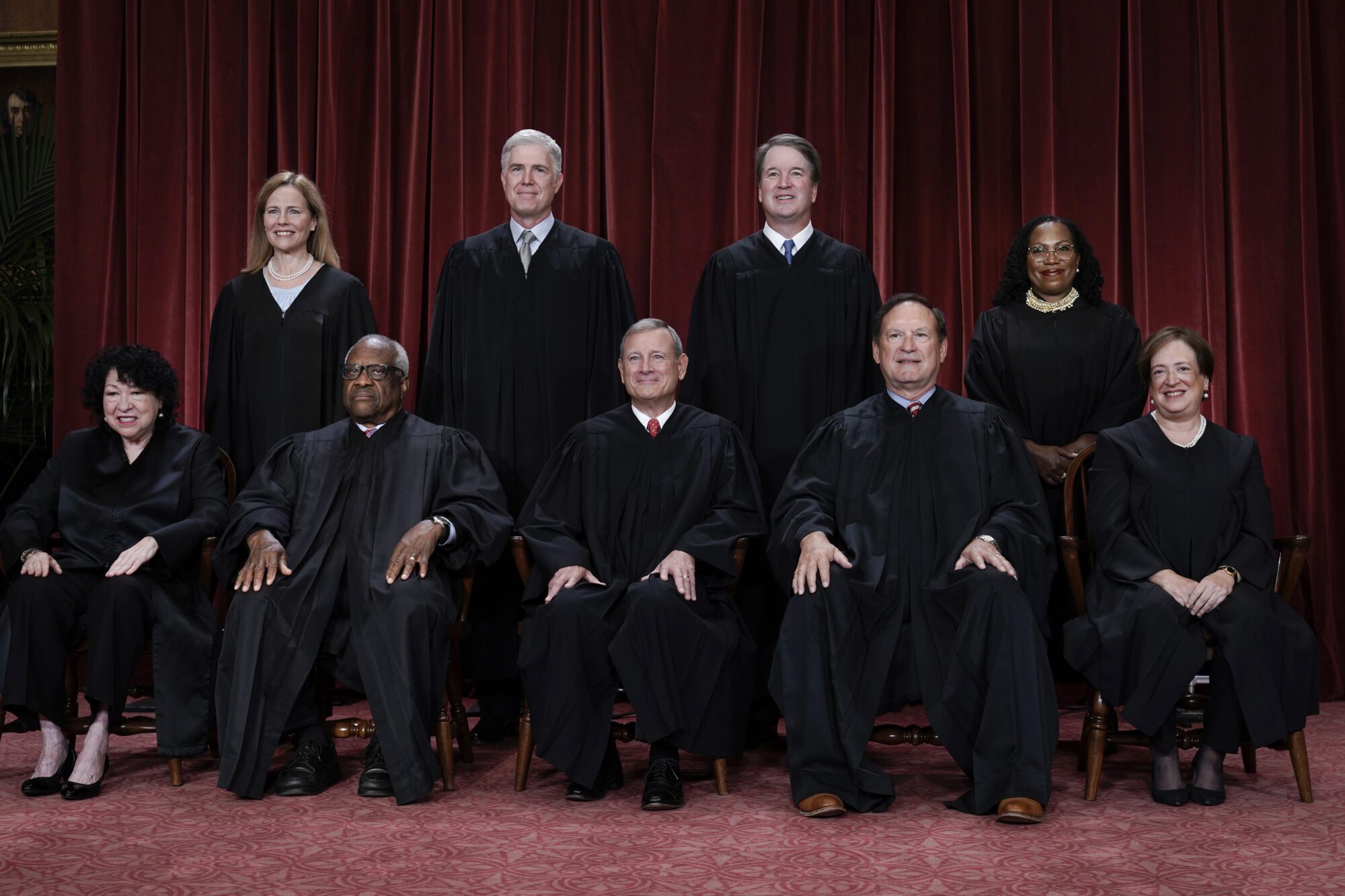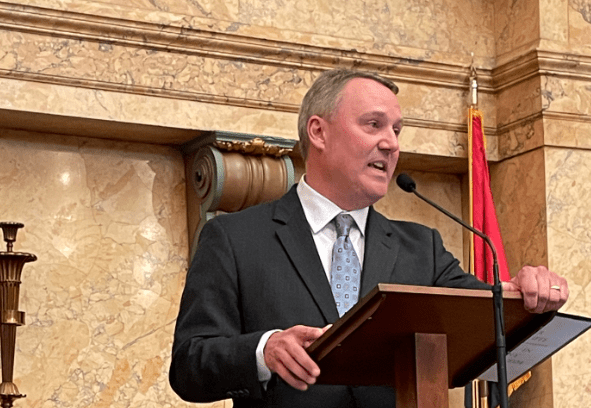Providing sex education in public schools is the proposal approved in the House of Representatives last week. Reps. Alyce Clarke (D–Jackson), John Mayo (D–Clarksdale), John Hines (D–Greenville), and Kimberly Campbell Buck (D–Holly Springs) authored H.B. 234, which creates a new sex education pilot program in a limited number of school districts to be selected by the State Department of Education. The bill expects instructors to stress abstinence, but also provides that students will be informed about the biological realities of sexual contact and the devastating “real life” consequences of unwed teen pregnancy.
Serious concerns were expressed with H.B. 234 as originally introduced. Rep. Philip Gunn (R–Clinton) successfully introduced several floor amendments which improved the bill. Gunn convinced the House to strike the word “comprehensive” from the description of the curriculum; this undefined term caused many members to suspect possible legitimization of “same gender” sexual activity. As amended by Gunn, H.B. 234 also requires parents to affirmatively consent before their child may take part in any sex education instruction, and includes the common sense mandate that boys and girls be taught in separate settings. Further, Rep. Rita Martinson (R–Madison) successfully offered an amendment which makes clear that abortion cannot be presented as an acceptable method of birth control.
Frank discussion of sexual matters made legislators visibly uncomfortable, especially with a dozen or so teenage pages present in the Chamber for the debate. The effectiveness of public school sex education as a means to combat teenage pregnancy certainly is open to question, and more than a few lawmakers remain skeptical about the wisdom of the policy.
In the end, H.B. 234, as improved by the Gunn and Martinson amendments, passed the House on a vote of 79 to 40, with 3 not voting. I voted for the bill, though I myself have reservations about whether the measure will really help decrease the number of pregnant teenagers. I hope so.
In a state full of religious people, one would hope that churches and faith-based organizations will heed the alarm bells and become more proactive. Sex education in the schools is a very poor substitute for the moral training that can only come at home and in church.
Rep. Greg Snowden Blog
Clarion Ledger
2/16/9







